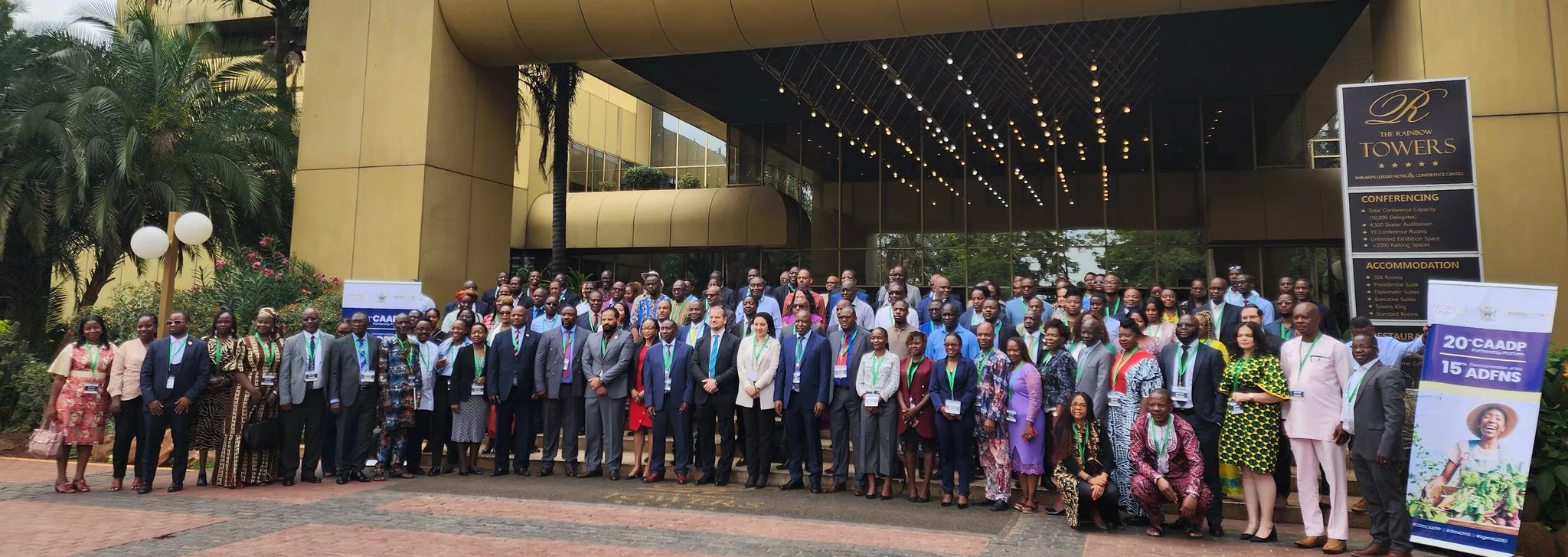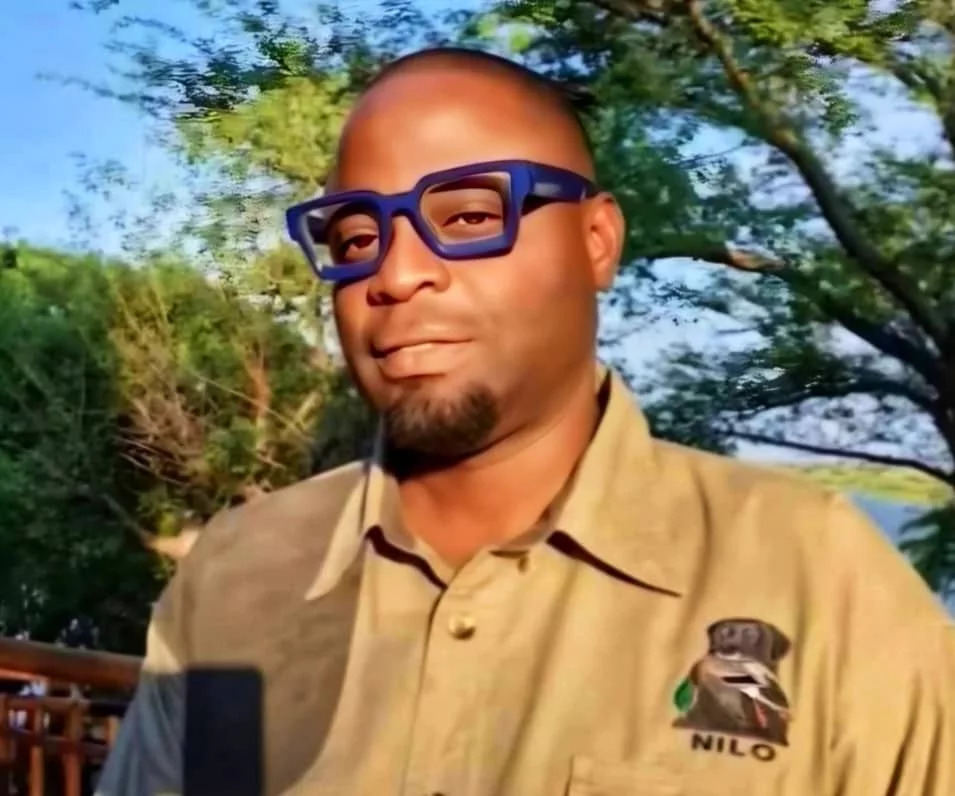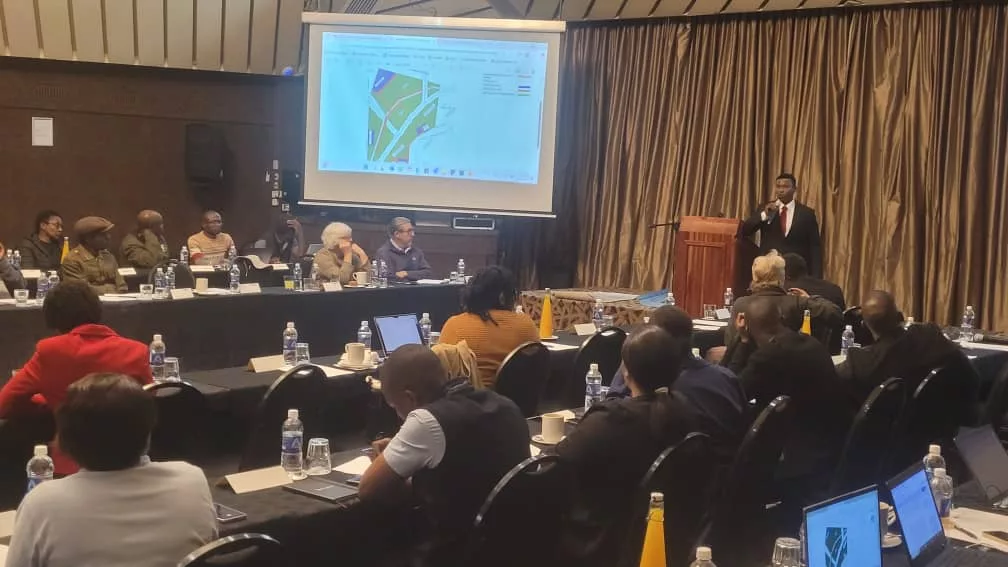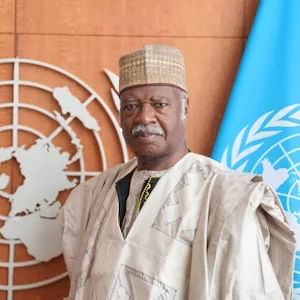|
Getting your Trinity Audio player ready...
|
Non-state actors play a key role in realising the aspirations of the Comprehensive Africa Agriculture Development Programme (CAADP) by promoting accountability among stakeholders and disseminating knowledge and information to the grassroots, especially smallholder farmers.
This emerged yesterday during the first day of the 15th Africa Day for Food and Nutrition Security (ADFNS) Commemoration and the 20th Comprehensive Africa Agricultural Development Programme (CAADP) Partnership Platform in Harare, Zimbabwe
The workshop is running under the theme “Two Decades of CAADP Agenda: Cultivating the Nexus of Nutrition, Agrifood Systems, and Education for Africa’s Growth.”
In a speech for Mrs. Estherine Lisinge-Fotabong, the Director of Agriculture, Food Security, and Environmental Sustainability, at the African Union Development Agency (AUDA-NEPAD), during a session titled “The Use of the Biennial Review (BR) Results: changes to policy and implementation at the process, outputs, and outcomes levels,” Dr.Clement Adjorlolo, thePrincipal Programme Officer for Agriculture and Rural Transformation in the same institution, said the session was meant to explore the transformative use of the CAADP Biennial Review results in shaping policies and advancing implementation practices within the agrifood sectors and the broader development agenda.
“This afternoon, we aim to bridge the gap between BR outcomes and actionable strategies at the national and regional levels. Distinguished participants, you will agree that CAADP BR represents a beacon of progress and accountability in championing the review and reporting as a crucial tool for enhancing accountability and gaining invaluable data-driven insights and evidence that pave the way for policy reform and innovation in implementation,” she said.
Speaking during a Fire Side Chat titled “Reflections on the use of the BR report for policy and implementation changes”, Constance Okeke, a member of the CAADP Non-state Actors Coalition Group (CNG), underscored the invaluable contribution of non-state actors to the success of CAADP processes.






